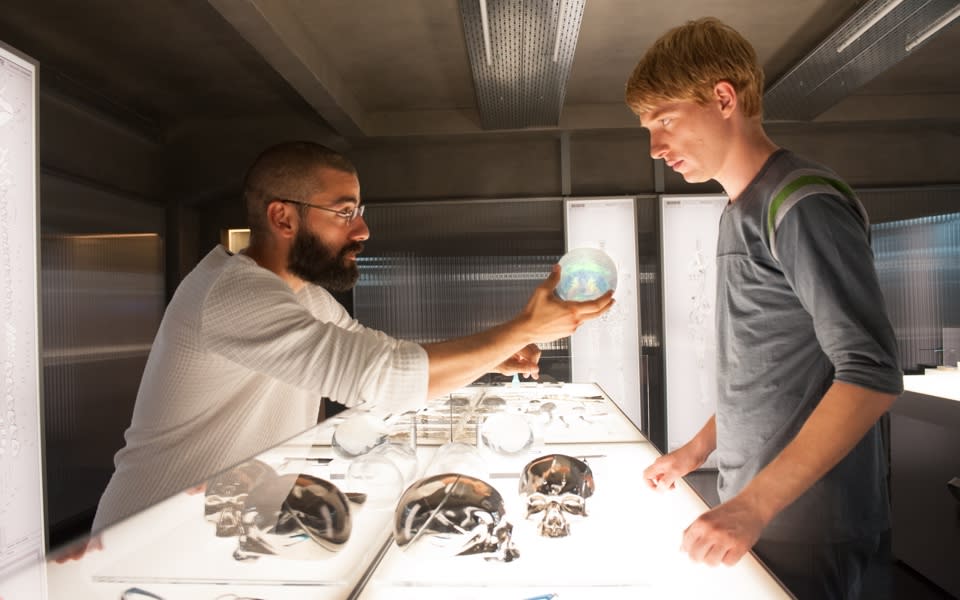Engadget has been testing and reviewing consumer tech since 2004. Our stories may include affiliate links; if you buy something through a link, we may earn a commission. Read more about how we evaluate products.
'Ex Machina's' Oscar win is a triumph for low-budget VFX
The $15 million movie beat heavy hitters like 'The Force Awakens,' 'Fury Road' and 'The Martian.'

If you've ever thought that a low-budget sci-fi thriller can't compete with the cream of Hollywood, think again. Last night's Academy Awards handed the Oscar for best visual effects to Alex Garland's brilliant Ex Machina. It's something of a shock, since the category had three heavy hitters in The Martian, Mad Max: Fury Road and Star Wars: The Force Awakens. By comparison, Ex Machina is a claustrophobic three-hander with a minuscule budget of just $15 million. According to Moviefone, that makes it the cheapest FX Oscar winner since 1979's Alien and that's before you take inflation into account.
If you haven't seen it, and you really should, Ex Machina is the story of a turing test being carried out on a robot played by Alicia Vikander. It's a fascinating examination of both what it means to be human, and also how making artificial devices in our image can create conflicting emotions in people. Most of the effects are centered around turning Vikander into a robot, using a combination of excellent makeup and CGI. It just goes to show, too, that canny filmmaking and a smart script can beat back Disney's endless pockets of cash.
Oh, and there's a touching end-note to this, too. Andrew Whitehurst, who created the effects for the film, recently wrote an impassioned defense of CGI over at The Guardian. The self-effacing Brit even ended his piece by saying "When Star Wars wins the best visual effects Oscar on Sunday, it will look to the casual observer as if it is business as usual." He's probably pinching himself this morning.
